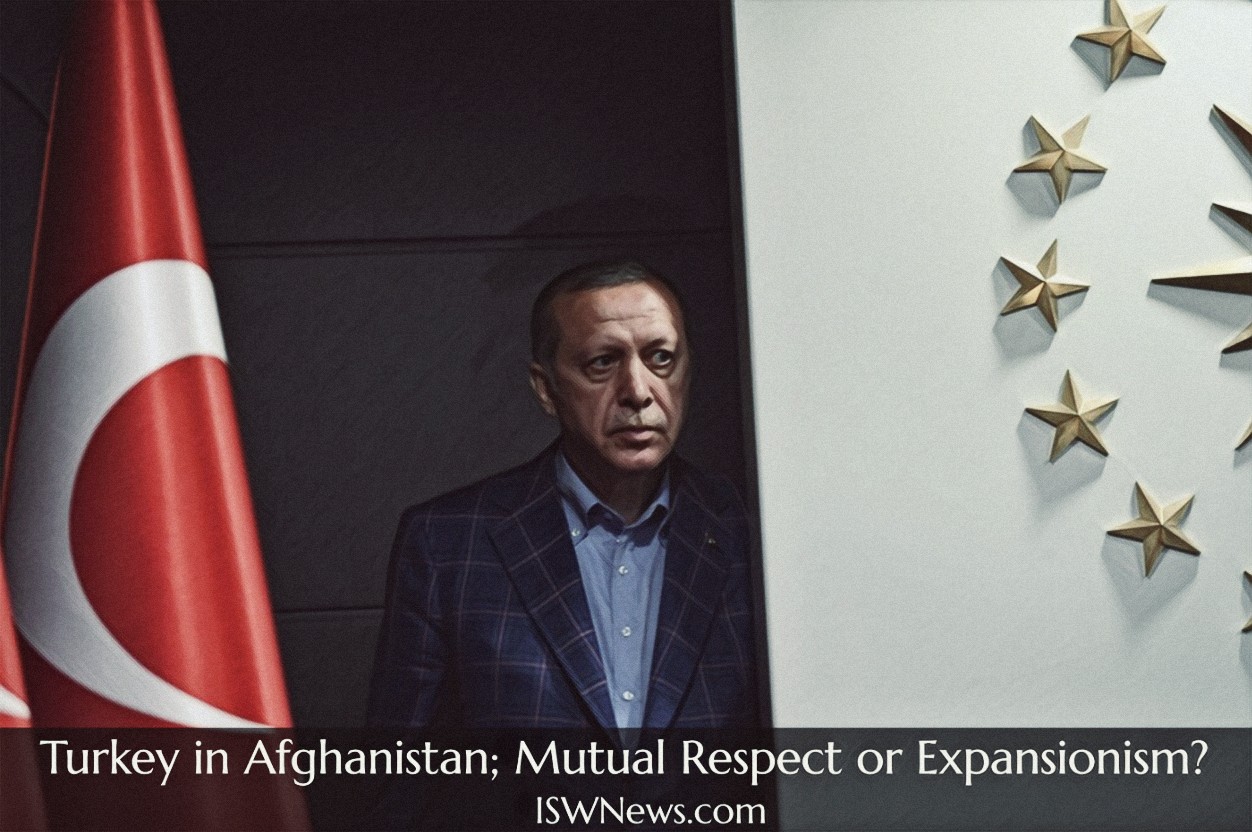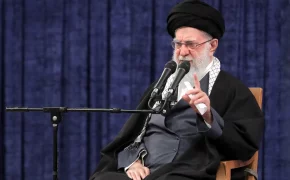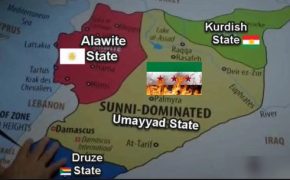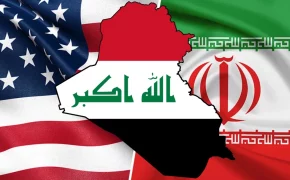Turkey’s presence in Afghanistan; mutual respect or expansionism? (1)


Erdogan recently has demanded the renewal of his country’s presence in Afghanistan in Turkey’s parliament. This prominent action is in contradiction to the USA and NATO’s plan of withdrawal from Afghanistan.
In recent days Recep Tayyip Erdogan, president of Turkey, has asked for military presence in Afghanistan by submitting a plan, renewal of his country’s presence in Afghanistan for another 18 months, to his country’s parliament. This is while the USA and NATO have committed to the agreement of their military forces’ withdrawal from Afghanistan. Of course Turkey in recent years has not seen its presence in Afghanistan by occupation and colonization, and to create this view in Afghanistan, it has been taking extensive measures, including building schools, TV channels, and so forth.
Generally the common reasons between Turkey and Afghanistan are as follows:
1-Sunni religion 2-Racial affiliation with Uzbeks, Turkmen, Ghezelbash, etc. 3-Presence of Muslim Brotherhood in Afghanistan, Jamiat-e-Islami Party, in the body of Afghan government.
Indeed, Turkey’s presence after 11th September and Afghanistan’s war entered a new stage as one of the members of NATO, and the Turkish government with special role of Ahmet Davutoglu and according to its national interests and taking into account political, economic, cultural, etc. consideration expanded its influence in Afghanistan and exploited its existing potentials in this country.
Turkey began its military presence in Afghanistan in 2015 as a peacekeeping force, which initially reached 1079 and raised to 1206 in 2018. Erdogan, regardless of the USA peace agreement with Taliban, has demanded renewal of his country’s presence in Afghanistan for another 18 months.
Turkey has a warm and close relationship with the Islamic party of Afghanistan and its leader, Gulbuddin Hekmatyar, in respect of ideas and stances as well as with General Abdul Rashid Dostum and the National Islamic Movement in terms of races. Somewhat these two parties can be considered Turkey’s main allies in Afghanistan.
They believe that Turkey’s presence in Afghanistan, whether military or civilian, is based on absolute respect and observance of Afghan people’s rights, and is not for implementing colonialism and occupation.
On the other hand, opponents of Turkish influence in Afghanistan, either militaristic or non militaristic presence of this country in Afghanistan, are not satisfied with Turkish cultural influence which is implemented by TV channels, schools, and so forth, and condemn the view of secular Islamic in Turkey.
From previous years, Turkey has old relations with Afghanistan, and the government of Ottoman was the second country to announce Afghanistan’s independence from Britain. Turkey has established close links to Pakistan to fortify its influence in Afghanistan, and ita endeavors to reduce Iran’s mediation by its Uzbek and Turkmen neighbors.
Turkey has been pursuing this issue before with the formation of Turkish countries council in 2009, and in general, it can be said that Turkey is trying to build a bridge between Azerbaijan and Turkmenistan to better exert its influence on Central Asian countries, including Afghanistan.
Religious and racial commonalities are the main elements of Turkey’s foreign policy and in spite of the fact that Afghanistan is not a priority of Turkey’s foreign policy, the Erdogan government have not limited themselves to build military, cultural, etc. bases in this country, from Kabul and Mazar-e-Sharif to Jawzjan.




Comment